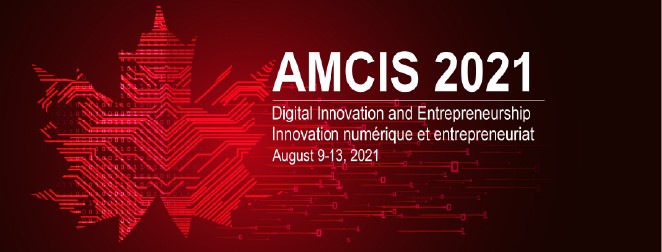IS in Education, IS Curriculum & Teaching Cases (SIG ED)
Loading...
Paper Type
Complete
Paper Number
1696
Description
This paper examines the effect of gamification in engaging students to learn introductory concepts of data science, in particular, we study competitiveness through leaderboards. A between-subject experiment was conducted with 37 students and included two conditions: 1) playing against fictious opponents with a competitive leaderboard and, 2) playing alone with a leaderboard ranking only the subject's score. Our results show no effect of the competitive nature of leaderboards on learning and engagement. However, we found that highly efficacious participants with prior predictive modelling knowledge demonstrated higher levels of emotional arousal despite having a lower probability of increasing their knowledge on the subject matter. This suggests that individual differences such as self-efficacy and prior knowledge need to be accounted for when developing data science training that is augmented with competition through leaderboards as these factors may impact the learner’s ability to engage with the content.
Recommended Citation
Theriault, Melissa; Ruel, Thomas; Léger, Pierre-Majorique; and Plante, Jean-François, "Can Competition Though Leaderboards Lead to Better Engagement and Learning of Data Science Concepts? An Experimental Study" (2021). AMCIS 2021 Proceedings. 20.
https://aisel.aisnet.org/amcis2021/is_education/sig_education/20
Can Competition Though Leaderboards Lead to Better Engagement and Learning of Data Science Concepts? An Experimental Study
This paper examines the effect of gamification in engaging students to learn introductory concepts of data science, in particular, we study competitiveness through leaderboards. A between-subject experiment was conducted with 37 students and included two conditions: 1) playing against fictious opponents with a competitive leaderboard and, 2) playing alone with a leaderboard ranking only the subject's score. Our results show no effect of the competitive nature of leaderboards on learning and engagement. However, we found that highly efficacious participants with prior predictive modelling knowledge demonstrated higher levels of emotional arousal despite having a lower probability of increasing their knowledge on the subject matter. This suggests that individual differences such as self-efficacy and prior knowledge need to be accounted for when developing data science training that is augmented with competition through leaderboards as these factors may impact the learner’s ability to engage with the content.
When commenting on articles, please be friendly, welcoming, respectful and abide by the AIS eLibrary Discussion Thread Code of Conduct posted here.


